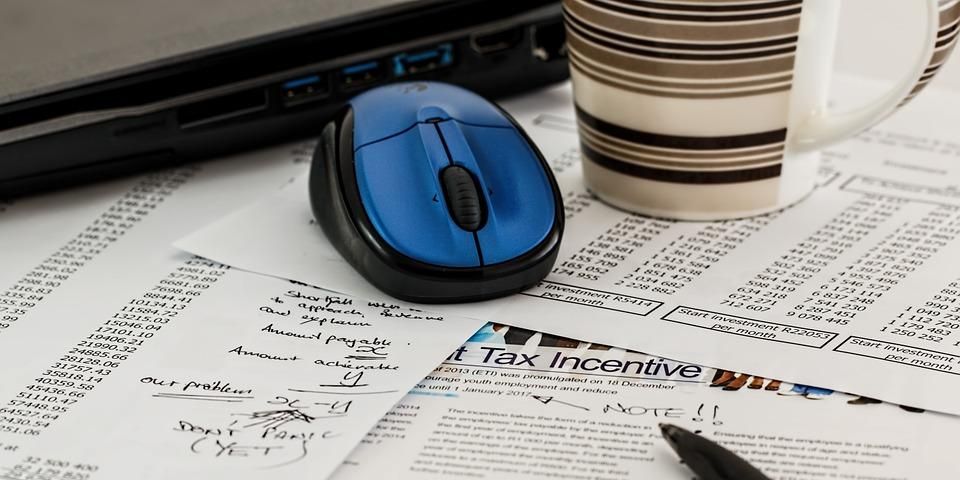Important Tax Education Help for Tipped Employees

If you are an employee who receives tips on the job, it is important to understand that any tips you make are considered income that must be taxed. These employees are obligated to report all tips that they receive to the IRS or they could face a hefty penalty. Linda M. Shiraiwa CPA, PS Inc, a tax education professional located in Gig Harbor, WA, explains how receiving tips on the job can affect your personal taxes.
 If you are an employee who makes tips, you are legally obligated to claim all the money you receive from these tips. This amount includes cash tips, tips received by the employer from customers who leave a tip on their credit or debit card, and even non-cash tips such as concert tickets. However, if you make under $20 in tips per month, you are exempt from reporting your income.
If you are an employee who makes tips, you are legally obligated to claim all the money you receive from these tips. This amount includes cash tips, tips received by the employer from customers who leave a tip on their credit or debit card, and even non-cash tips such as concert tickets. However, if you make under $20 in tips per month, you are exempt from reporting your income.
Tip income must be reported on IRS Form 4070, which is due to your employer each month for the previous month's tips. You need to sign the form and give it to your employer by the tenth date of every month. Form 4070-A is an optional form that you can use to fill out the amount of tips you receive every day, making it easier to keep track of your tips.
Tipped employees who do not report the tip income they receive to their employer can be subject to tax evasion penalties. This penalty amount could be equal to half of the Social Security, Railroad Retirement, or Medicare taxes you owe on any tips you did not report. You must still pay the regular taxes you owe in addition to any penalty amount. An accounting service professional can provide you tax education assistance so you can avoid costly penalties.
Let Linda Shiraiwa M. CPA, PS Inc, provide the tax education and bookkeeping services you need for your individual or small business tax returns. Give her a call at (253) 858-6030 or visit her website to learn more about her accounting services.
About the Business
Have a question? Ask the experts!
Send your question

